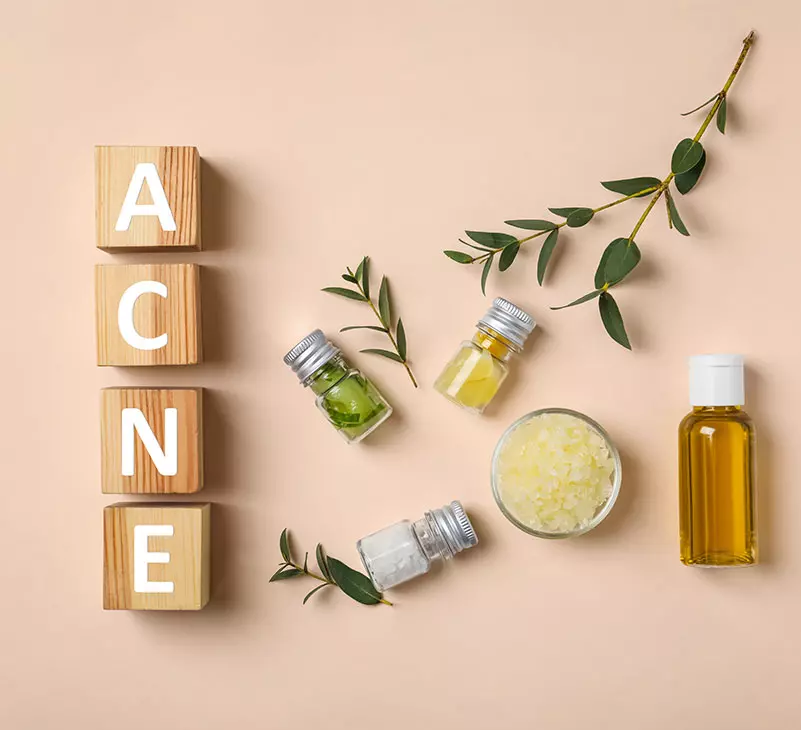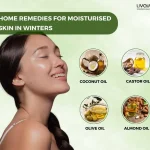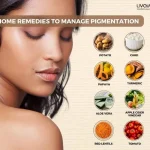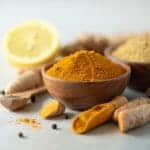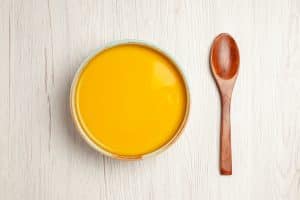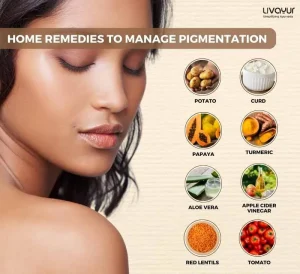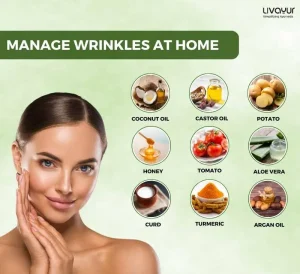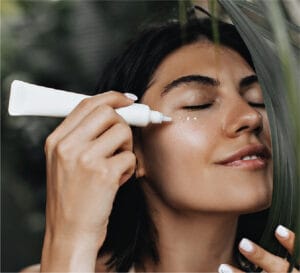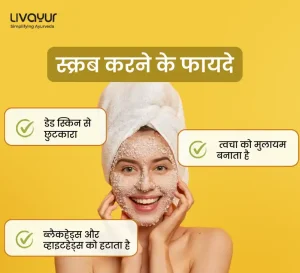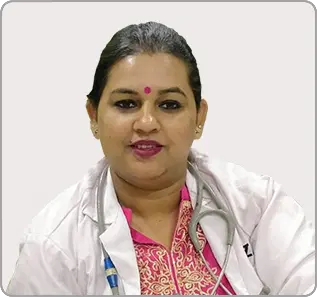This article is reviewed by an expert
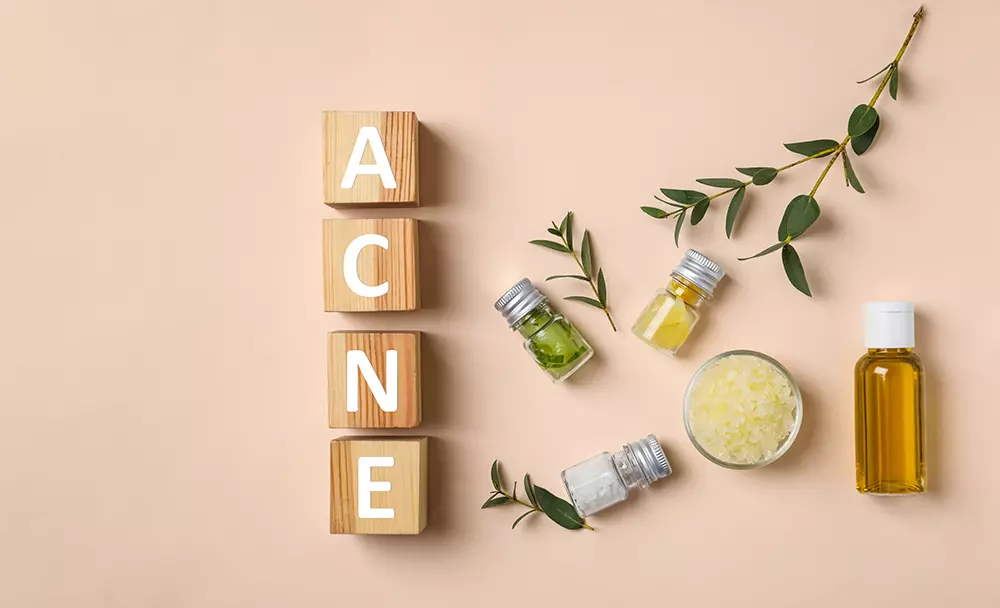
Acne is one of the leading skin problems in the world that affects all age groups and genders.
Are you also suffering from acne?
If yes, then keep reading. In this article, find everything you need to know about acne and its treatment in both modern science and Ayurveda.
What Is Acne (1)?
Acne is a prevalent and familiar skin condition that occurs when your skin’s pores become clogged. This blockage leads to the formation of blackheads, whiteheads and various types of pimples, which can be filled with pus and cause discomfort.
Medically known as acne vulgaris, this condition is not uncommon and affects most individuals at some point in their lives. While teenagers and young adults experiencing hormonal changes are more susceptible to acne, it can also manifest in adults. Having a family history of acne can also increase the risk of developing this condition.
Types of Acne (1)
Fungal Acne: Caused by yeast accumulation in hair follicles, this acne often leads to itchy and inflamed bumps.
Cystic Acne: Cystic acne is characterised by deep, pus-filled pimples and nodules and can result in scarring.
Hormonal Acne: Common among adults, hormonal acne is caused by an excess production of sebum that clogs pores.
Nodular Acne: A nodular acne is a severe form of acne that presents as pimples on the skin’s surface but tender and nodular lumps beneath the skin.
Symptoms of Acne (1)
Some common symptoms of acne include:
- Pimples (pustules): Pus-filled bumps on the skin
- Papules: Small, discoloured bumps that can be red, purple, or darker than your natural skin tone
- Blackheads: Clogged pores with a black top
- Whiteheads: Clogged pores with a white top
- Nodules: Large, painful lumps under the skin
- Cysts: Painful, fluid-filled lumps containing pus under the skin
Causes of Acne (1)
Clogged hair follicles or pores are the leading cause of acne. Some factors that can contribute to the clogging of pores include excessive sebum production, abundant bacterial presence and dead skin cells.
Triggers of Acne (1)
Some common factors that can trigger an acne flare-up include:
- Wearing tight-fitting clothing and headgear
- Air pollution and high humidity
- Using oily or greasy personal care products
- Increased stress levels
- Certain medications
- Picking the acne-prone skin
- Certain foods like skim milk and whey protein
Diagnosis of Acne (1)
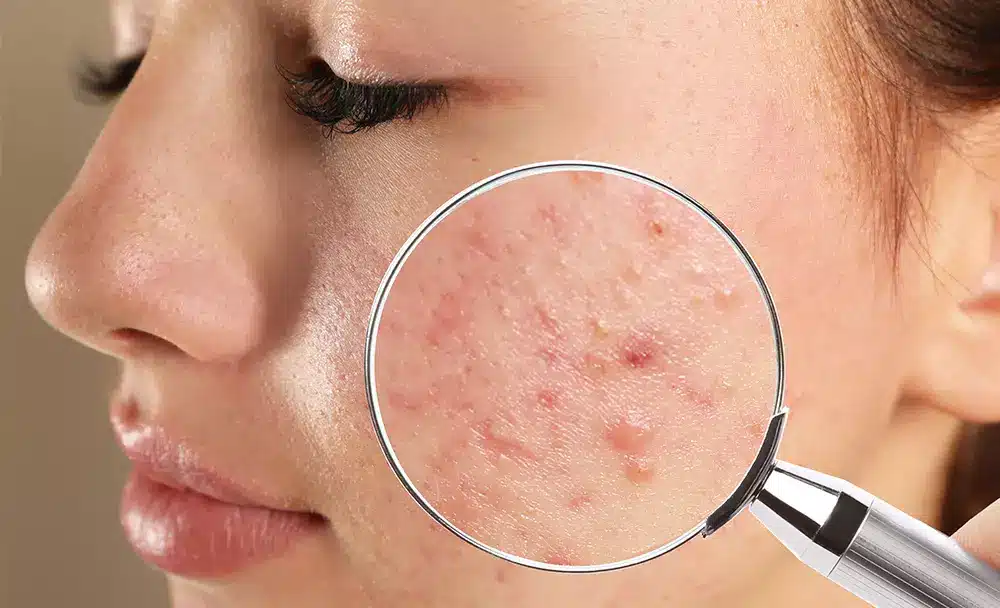
To diagnose acne, the doctor usually conducts a thorough skin examination, closely assessing your skin and inquiring about your symptoms. They may also ask about potential risk factors for acne, such as stress levels, family history of acne, menstrual cycle-related breakouts (for women or individuals assigned female at birth), and current medications.
Typically, diagnostic tests are not necessary for acne diagnosis. However, if you experience sudden and severe acne outbreaks, especially as an adult, your healthcare provider may consider conducting tests to identify any underlying conditions.
Modern Treatment of Acne (1)
When it comes to treating acne, there are multiple options available to address your specific needs based on factors like age, acne type, and severity. The primary objective of any acne treatment is to prevent new breakouts and promote the healing of existing blemishes.
Topical Acne Medications
To directly target acne on the skin, your healthcare provider may recommend topical acne medications. These can be applied like lotions or moisturisers and may contain ingredients like salicylic acid, azelaic acid, or antibiotics. These ingredients help combat acne-causing bacteria, unclog pores, and reduce inflammation.
Oral Acne Medications
In some cases, oral medications may also be prescribed to tackle acne from within. Antibiotics and contraceptives are common oral acne medications.
Hormone Therapy
For individuals experiencing acne flare-ups because of hormonal imbalances, hormone therapy may be recommended.
Additional Acne Therapies
If topical or oral medications are ineffective or acne scars are a concern, your healthcare providers may recommend additional therapies, such as steroids, lasers and chemical peels.
Ayurvedic Treatment of Acne (2)
Ayurveda mentions a skin disease by the name of Mukhadushika. It is characterised by eruptions on the face and strongly resembles modern-day acne.
Ayurveda recommends both Shodhana Chikitsa (purification therapies) and Shamana Chikitsa (palliative therapies) to treat Mukhadushika.
Shodhana Chikitsa for Mukhadushika usually includes the following therapies:
- Vamana: Induced vomiting to eliminate toxins
- Nasya: Administration of herbal oils or powders through the nasal passage to cleanse and balance the doshas
- Shiravedha: Controlled bloodletting from specific points on the body to remove impurities
Shamana Chikitsa for Mukhadushika generally includes Lepa and Pralepa which are herbal pastes, powders or ointments, applied on the affected areas to soothe inflammation and promote healing
How To Prevent Acne (1)?
- Wash your face daily with warm water and a facial cleanser to remove excess oil, dirt, and impurities.
- Use an oil-free moisturiser suitable for your skin type to keep your skin hydrated without clogging pores.
- Opt for “non-comedogenic” makeup products, as they are less likely to cause acne breakouts.
- Remove your makeup thoroughly at the end of each day.
- Avoid touching your face with your hands.
On a Final Note
Acne is a common skin problem that affects people of all ages and genders. Whether you are seeking treatment in modern science or exploring Ayurveda, there are various options available to address your specific needs.
However, remember preventing acne is also crucial. Simple measures like washing your face daily with water and avoiding touching your face with your hands can go a long way in preventing acne.
FAQs
- Can acne lead to scarring?
Yes, acne can sometimes cause scarring. When acne penetrates the top layer of the skin and damages deeper skin layers, scarring can occur. If you have acne scars, consult with your healthcare provider to determine the type of acne that caused them and avail of appropriate treatment options (1).
- How does acne impact mental health?
Acne may have an impact on your mental health as it affects your appearance and self-esteem. The development of acne is often influenced by hormones, which can be beyond your control. This can lead to stress, which in turn can contribute to future breakouts. Acne can be particularly challenging for teenagers and young adults. If acne causes anxiety or interferes with social activities, it is advisable to seek help from a healthcare provider or a mental health professional (1).
- When should I consult a healthcare provider for acne?
It is recommended to visit a healthcare provider as soon as you notice pimples to initiate timely treatment and prevent scarring. Additionally, if you are using an acne treatment that is ineffective in clearing your acne or if it causes skin irritation such as itchiness or discolouration, you must again seek medical attention (1).
Disclaimer: This article is written from a health and lifestyle perspective. It is for general information and not meant to substitute any medical advice. Please consult your doctor for appropriate medical consultation.




